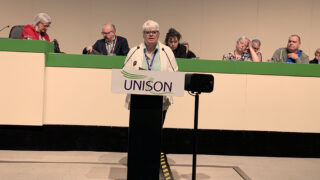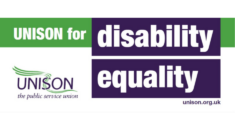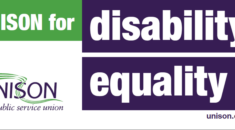UNISON has welcomed the Westminster government’s announcement that it plans to ratify Convention 190 from the International Labour Organization’s (ILO), which says that everyone has a right to work free from violence and harassment.
It is the first international treaty to recognise this, and specifically includes gender-based violence and harassment. The union is calling on the Conservative government to ensure words are rapidly turned into action.
Governments around the globe are asked to sign up and commit to the principles within the treaty. This means putting in place the necessary national laws and policies to tackle the issues, and working towards the eradication of violence and harassment in the world of work.
Countries that ratify the treaty are legally bound to deliver what is within the convention a year after ratification.
It defines violence at work as a range of unacceptable behaviours and practices, whether a single occurrence or a repeated pattern, that results in physical, psychological, sexual or economic harm to the victim.
UNISON national women’s officer Josie Irwin sees ratification of the convention as an opportunity to push ahead with a wider strategy and supporting legislation.
“Home secretary Priti Patel says she does not accept that violence against women and girls is inevitable and that she is committed to developing a comprehensive violence against women and girls strategy to help bring about real and lasting change.
“However, violent sexual crimes against women are shockingly prevalent across the UK with long-lasting consequences for society. Ratification of ILO Convention 190 will go some way to prioritising tackling these issues in the workplace context.”
The convention’s focus is on the workplace, but the scope is wide and includes acts of harassment on journeys to and from work, and when workers are away from the office on work activity.
UNISON national officer for health and safety Kim Sunley said: “Far too often, cases of harassment by service users and co-workers are dealt with outside the framework of health and safety legislation, but in reality, are a work-related hazard, causing psychological harm to workers. In some cases, this can escalate to physical harm.
“Alongside the government, employers and the workplace regulator should take a more holistic approach to tackling the risk of work-related violence and harassment against women.
“Equally, many employers see their duty of care end when the worker steps out of the workplace grounds. Ratification of ILO C190 would provide a context for the regulator and employers to implement preventative strategies.”
UNISON will work with the TUC and continue to work with MPs to push for government action on violence against workers who face greater risks, including women and LGBT+ workers.









